|
|
|
|
|
|
|
|
|
|
|
|
|
||
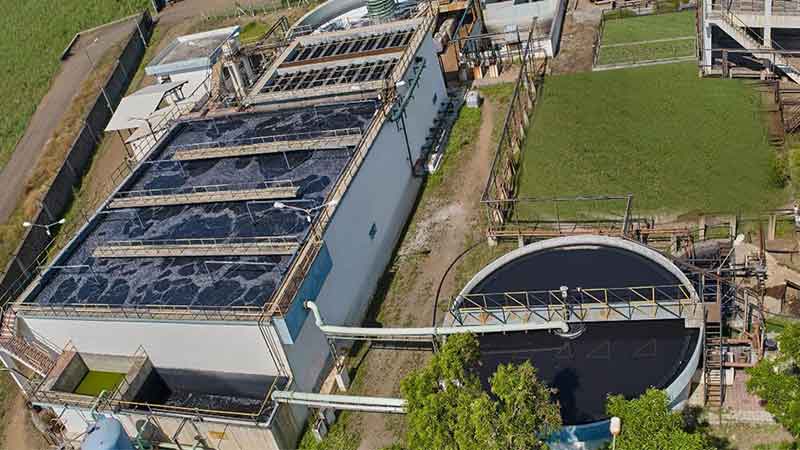
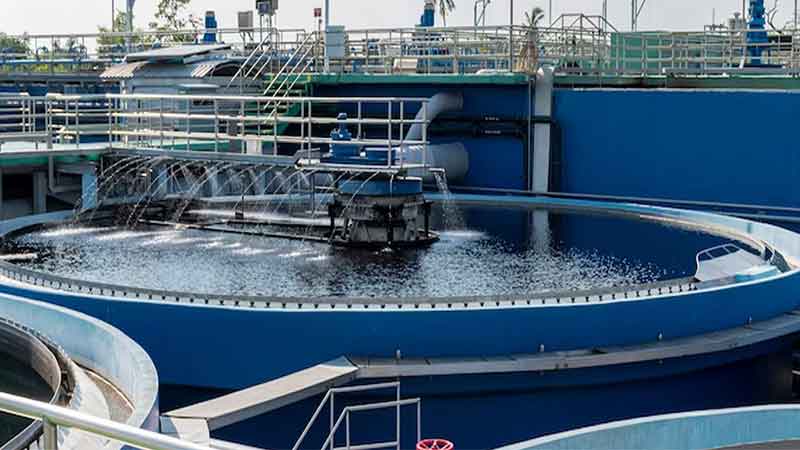
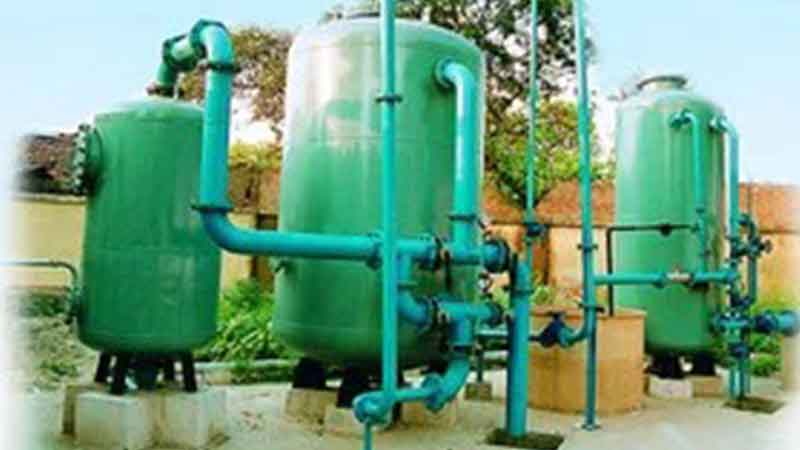
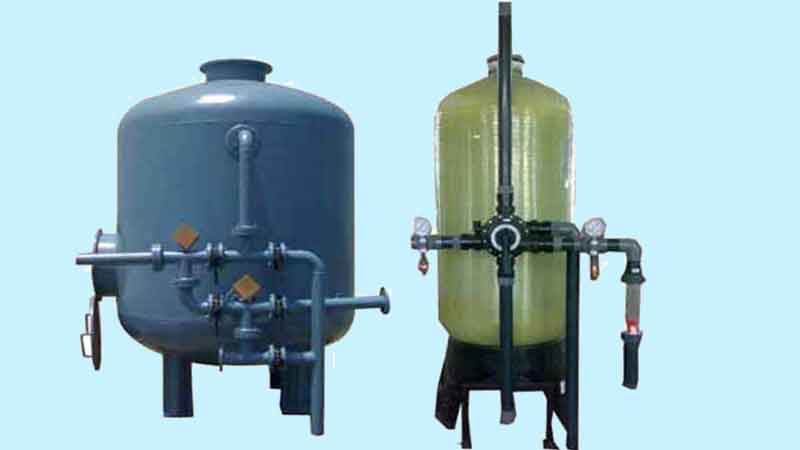
Water and wastewater treatments are accomplished in engineered treatment plants by different sequential processes, each having a specific significance. The complete process takes place in stages as: Preliminary, Primary, Secondary, Tertiary, Advanced treatments and Sludge treatment & disposal.
Water treatment involves processes to make water suitable for drinking, domestic, industrial, and agricultural purposes and typically include aeration, clariflocculation, filtration and disinfection to remove contaminants and pathogens. In the same way, municipal & industrial wastewater treatment processes remove pollutants from the wastewater before it is discharged or reused for auxiliary purposes. Wastewater treatments comprise of sequential techniques of flow equalizations, sedimentation, biological processes, physico-chemical processes, filtrations, advanced treatments and tailor-made combinations of various processes to suit specific needs and attain Zero Liquid Discharge (ZLD).
The biological processes applied for removal of dissolved and suspended matters from wastewaters comprise of aerobic and anaerobic processes of nitrification and denitrification. Aerobic biological systems are the activated sludge process typically in any of the two forms of bacterial growth: Suspended-growth systems and Attached-growth systems, and varied combinations of extended aeration systems. The advanced systems are MBBR, SBR, SBT, MBR (Membrane Bio-Reactor), and other membrane processes, pressure filtration and MEE (Multi Effect Evaporator). The proven anaerobic treatments are in the form of UASB that have the benefit of biogas production and utilize the calorific value, but have constraint of larges space requirements due to high retention times. The physico-chemical processes uses chemical agents to undergo specific chemical interactions, intercept and remove pollutants from the wastewaters.
Both water and wastewater treatments play critical roles in maintaining public health, preserving ecosystems, and ensuring sustainable water resources for current and future generations.
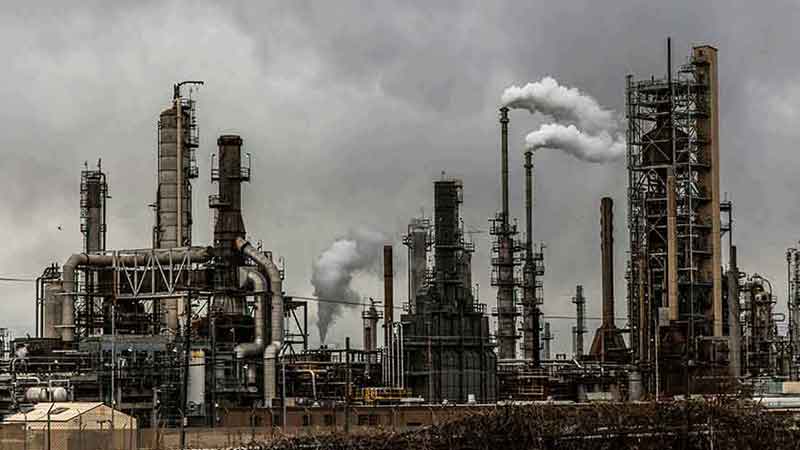

Air pollution control systems reduce emission of harmful pollutants into the atmosphere, preserving air quality and public health. The air pollution control systems are classified as: Control systems for particulate matter and Control systems for gaseous matter. These systems utilize physical, physico-chemical, electrostatic & magnetic forces and adsorption/absorption scrubbing to intercept the particulate and gaseous matters. Catalytic converters are used to transform toxic gases into less harmful substances. Advanced techniques like ozone generators and photochemical oxidizers aid in breaking down the pollutants.
Air pollutants dispersed into the atmosphere are promptly noticed due to their visible nature and they have an immediate and direct health impact due to inhalation & skin contact. Therefore stringent air quality and emission standards are being enforced worldwide and it is equally challenging for the engineers to design the precise and compatible air pollution control system to meet these stringent norms.

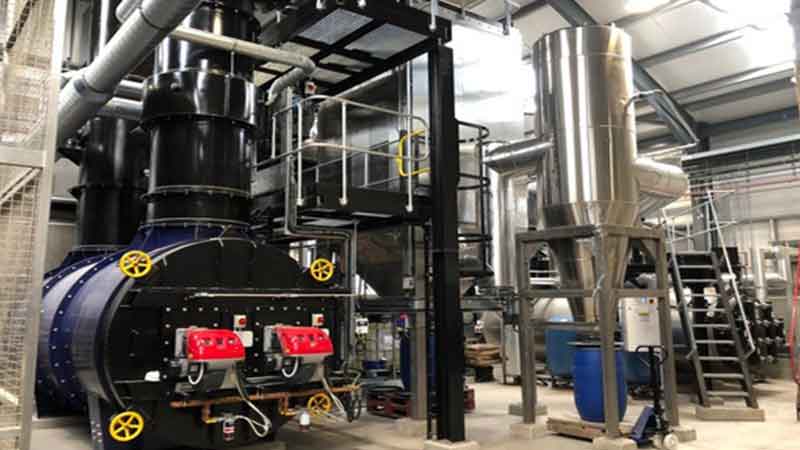
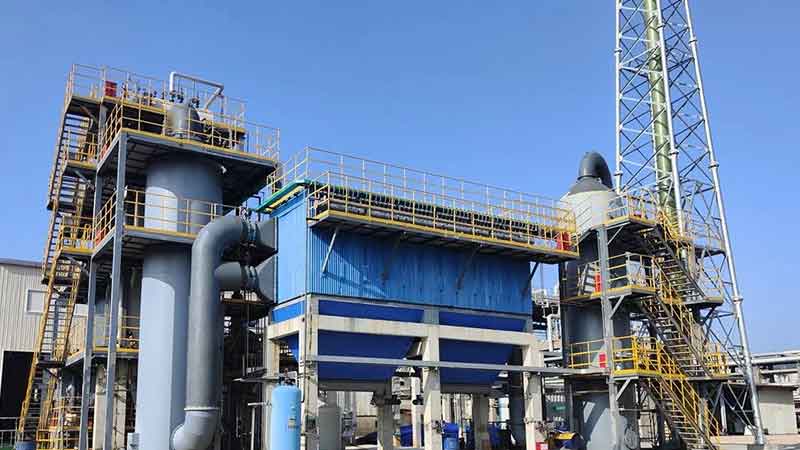
Incineration method for the solid and liquid waste management is required for large-scale bulky heterogeneous wastes. Incineration systems are thermal treatment facilities designed to dispose-off wastes by burning it at high temperatures in specifically designed furnaces termed as incinerators comprising of two combustion zones. Heat generated during the process is eventually recovered back. A heat recovery system and advanced air pollution control devices are integrate part of the complete incineration system. Design of the complete incineration system require a distinctive approach based on the waste characteristics, heat recovery potential and safety during its operation.
Though incineration reduce the volume of waste and generate energy, they have disadvantages of release of particulate matter, heavy metals, toxic chemicals and dioxins. Therefore an accurate design and implementation of the complete incineration system and its proper operation, management and monitoring is must to protect public health and safety.

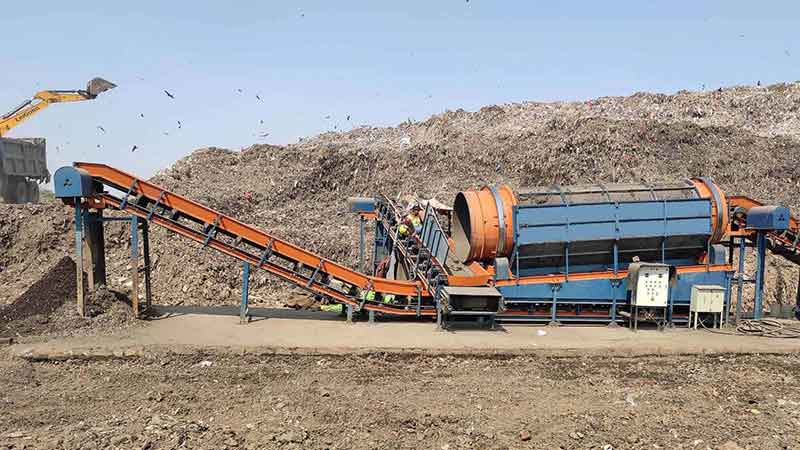
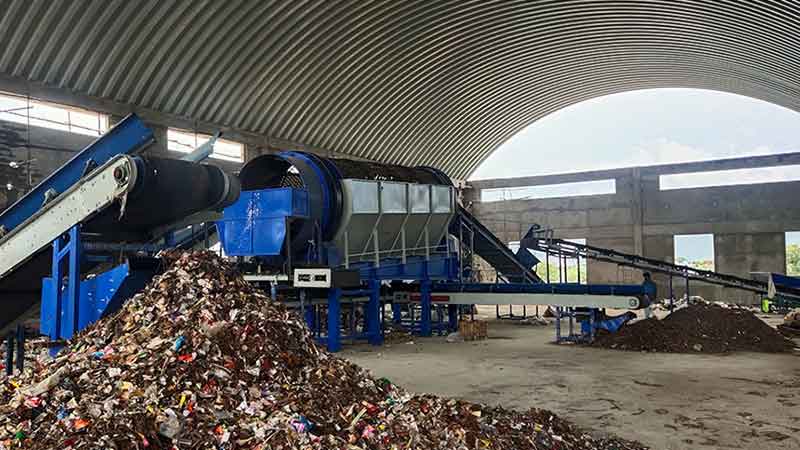
Solid waste management encompasses the scientific process of collection, transportation, processing & recovery, treatment and disposal of the solid wastes to minimize environmental impact and public health risks. Waste minimization strategies aim to reduce the generation of waste at source through initiatives like segregation, product redesign, reuse, and composting. Solid waste management techniques are advancing towards by-product extraction as bio-manure and energy generation. Solid waste management applicable for and within an individual industry is meant for maximum segregation and recovery and thereafter its further management is done at the common facilities (TSDF, Secured landfills etc) as per the applicable regulation by the governing authority.
Integrated approaches of public education, awareness and policy incentives foster sustainable waste management practices, promoting circular economy principles and mitigating environmental degradation.
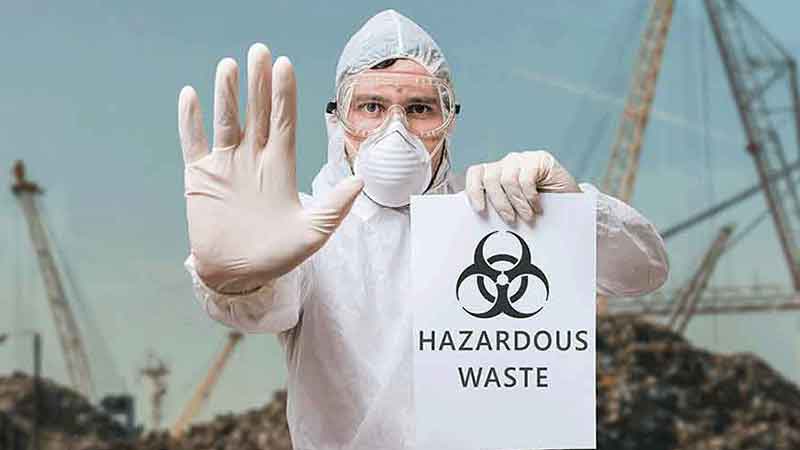
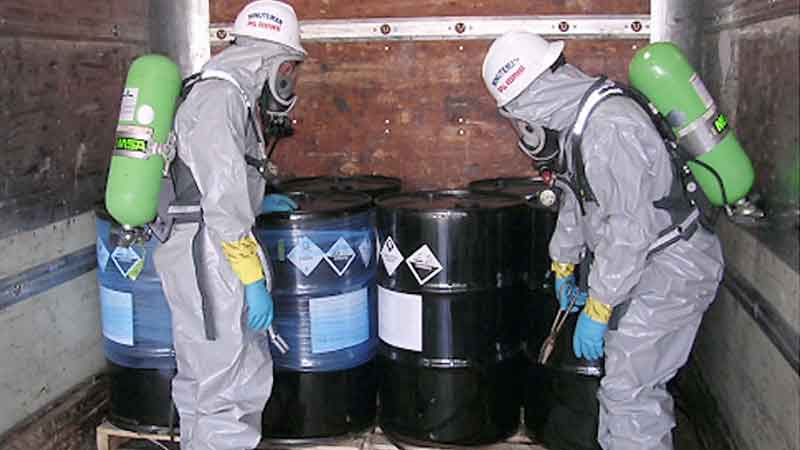
Hazardous waste management involves the safe handling, transportation, treatment, and disposal of the hazardous materials causing direct and instantaneous risks to human health and environment. Stringent regulations govern the identification, classification, and handling of hazardous waste, aiming to minimize exposure and prevent contamination. Complex combinations of physical, chemical, biological and thermal techniques and secured landfills are designed for hazardous waste management. Recycling and recovery methods extract valuable materials and thereby reduce the volume of waste requiring disposal.
Comprehensive management plans prioritize pollution prevention, emergency response preparedness, and public awareness to mitigate the adverse effects of hazardous waste on ecosystems, communities and future generations.
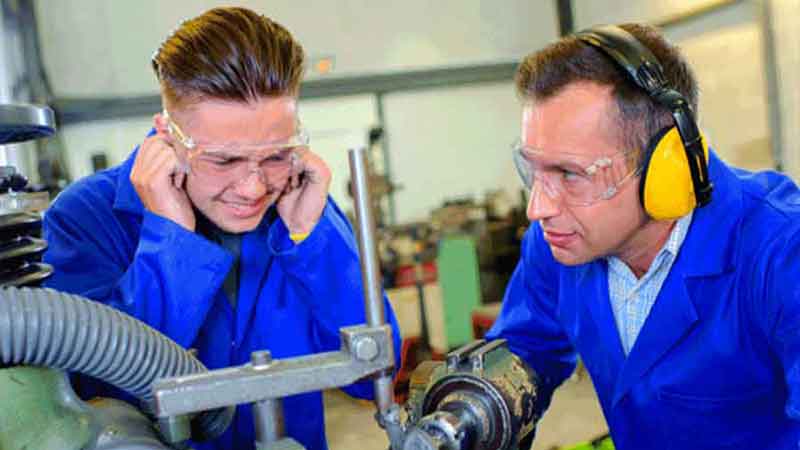

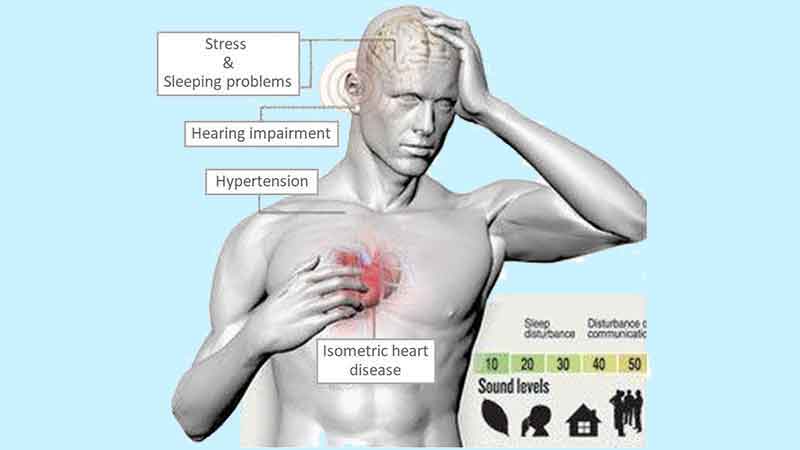
Noise pollution and exposure to high noise levels are very detrimental to health and acts as a silent killer that is seldom known to the community. In todays urbanized life with increasing industries, constructions, transportation and heavy population density, each individual is exposed to excessive noise on a daily basis.
Noise pollution is often overlooked when compared to other environmental pollutions, but noise pollution has rather more serious and direct impact on human and animal health. Exposure to high noises slowly induces serious Physical, Physiological and Psychological effects leading to distressed mental state, fatigue, insomnia, headache, loss of concentration, reduced work ability, hearing impairment and heart disorders. Noise pollution has an accumulating character and the harmful effects of noise exposures are detected only after a long period. Therefore, noise pollution needs to be taken care equally as that of other environmental pollution.
Noise pollution control systems have two aspects: Control at source and Control at receiver’s end. These systems absorb the sinusoidal noise waves by specially designed personal ear protection aids, sound barriers and acoustic absorbers. Acoustic planning and zoning, gabion walls, noise-absorbing panels and acoustic tree plantation are effective outdoor means to restrict the noise.
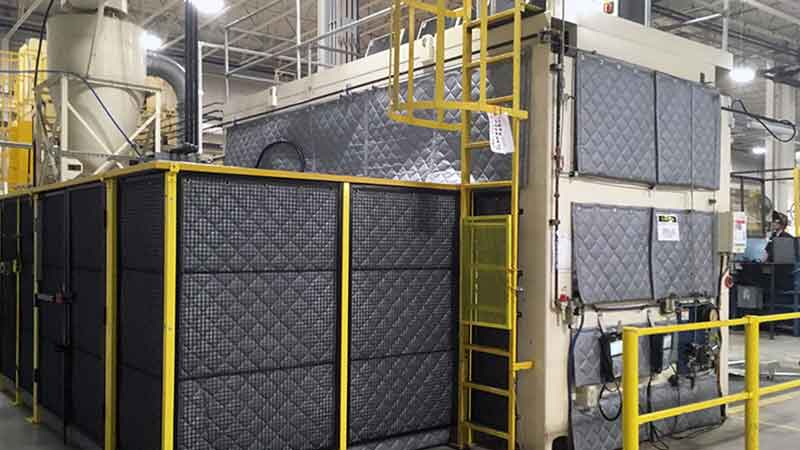
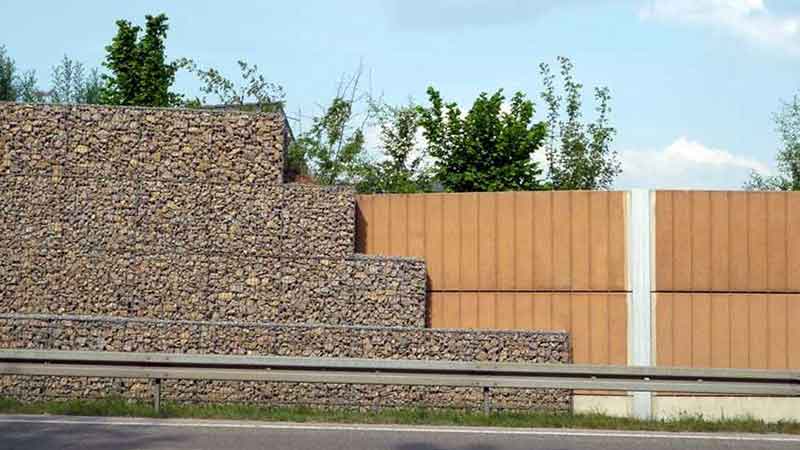
Along with these measures, public education campaigns explaining harmful health impacts of noise exposure are required for effective noise pollution management for a quieter and peaceful environment.
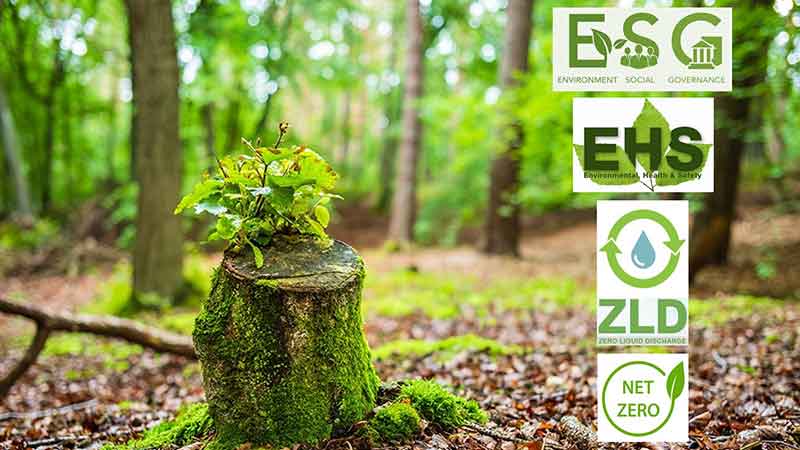
Capacity building for Sustainability initiatives as Environmental, Social and Governance (ESG); Environmental Health and Safety (EHS); Zero Discharge and Net-Zero concepts for company’s economy, growth and risk assessments are need of the day for co-existence on the earth without compromising the ability of future generations and maintaining the natural, economic and social resources.
These initiatives significantly reduce the global harmful effects, manage and evaluate corporate performances and equip the company / organization to put-forth its contributions for sustainable development.
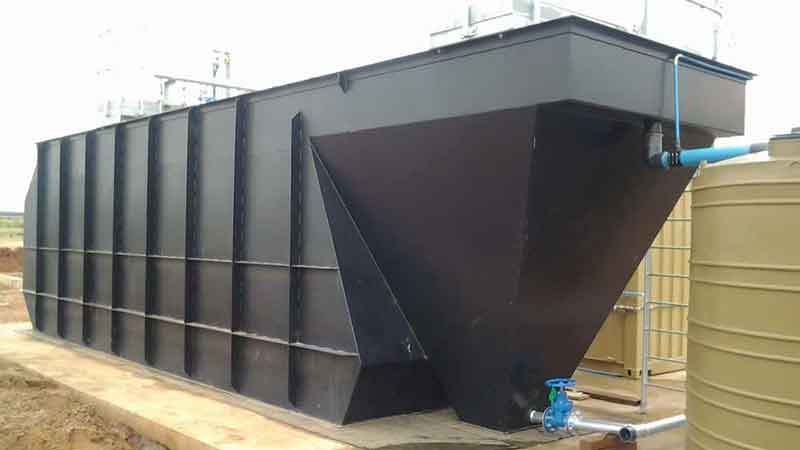
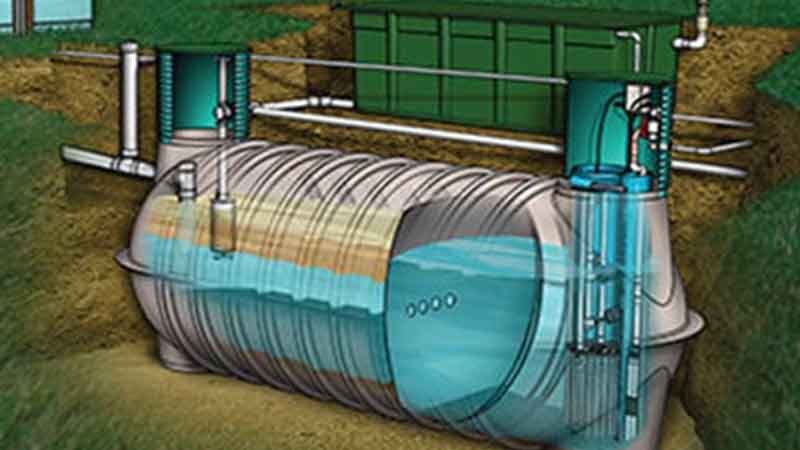
The high-paced industrialization and urbanization expanding to distant locations demand on-site waste treatment facilities meeting the strict discharge standards and net-zero concepts being imposed in the progressive time.
Technological developments in waste treatment processes and innovations with incorporation of membranes in wastewater treatments paved the way for decentralized / on-site wastewater treatment facilities. Developments in production technologies and cleaner production concepts have considerably reduced the waste generations that enabled designing compact packaged treatment facilities that are easy to transport and assemble at distant on-site locations. Membrane Bio-Reactor with aeration and solids-liquid separation processes performed in a compact unit with multiple membrane configurations are very successful for establishments having small discharges like hotels, hospitals, commercial and tourism centres, small residential establishments, institutional buildings etc.
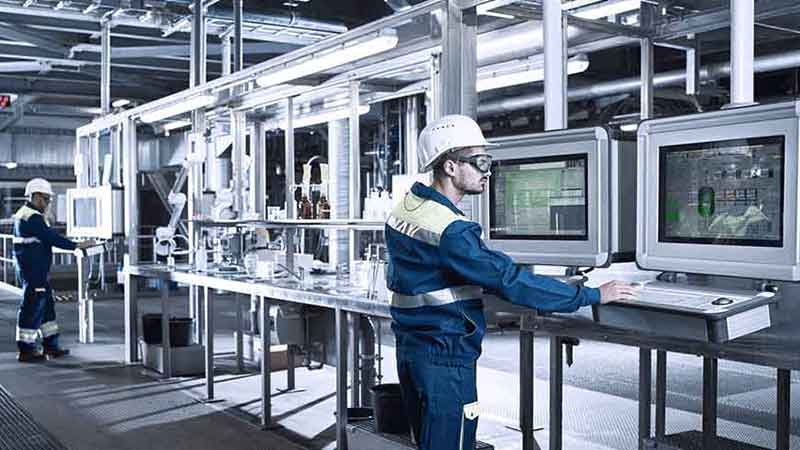
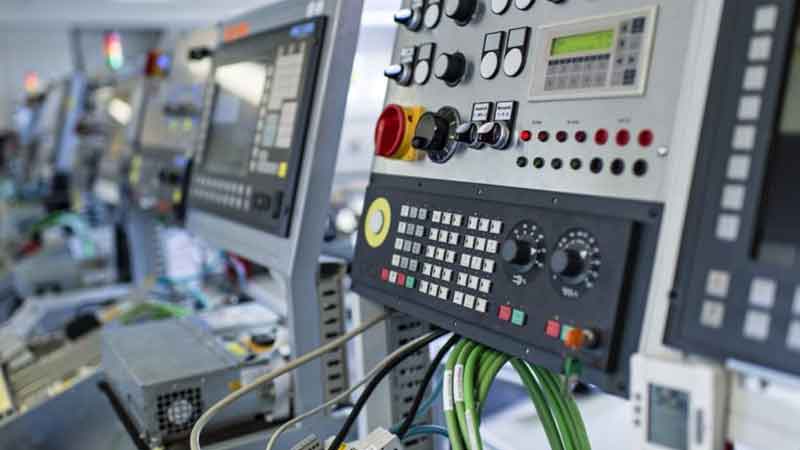
Systems automation refers to integration of the engineered system with programmed commands for streamlined operation, reduce human intervention and human error, achieve precision and enhance mechanical efficiency of the engineered system. Systems automation extends to various other applications such as remote sensing and controlling, data collection, and real-time monitoring of environmental parameters like air and water quality, weather conditions, and biodiversity. Automated systems enable rapid detection of pollution incidents, early warning for natural disasters, and adaptive management of resources. Artificial intelligence algorithms analyse vast datasets to predict trends, optimize resource allocation and provide decision-making information for sustainable environmental management.
In a nut-shell, systems automation contributes to better environmental conservation, resilience, and management in the face of complex challenges.

Regulatory compliance of an organization establishes its legality and ethical practices. This prevents penalties, fines, or potential shutdowns due to non-compliance while fostering a culture of integrity, transparency, and accountability. Compliance also helps to mitigate risks, provides employees a safe workplace, reduces environmental impact, protect consumers and prevent data breaches; enhancing the brand reputation and making business sustainable.
Regulatory compliance specialists examine and investigate eligibility for or in conformity with the rules and regulations of the governing body, carry out other compliance and enforcement inspection, analyse and prepare documentation for submissions for their approvals.
